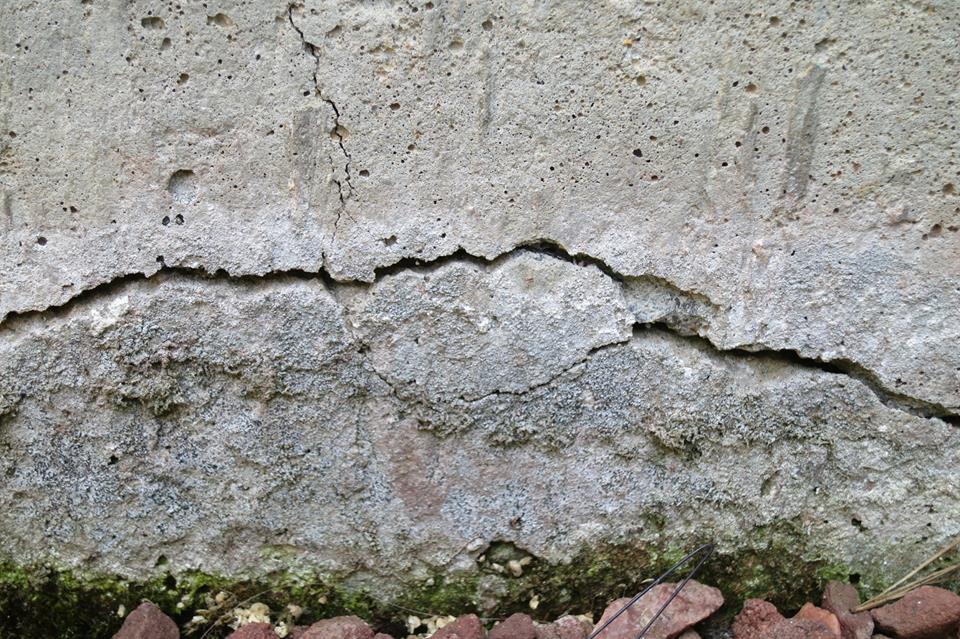Recent Posts
- Delnicki Working to Protect Victims of Domestic Violence
- Rep. Delnicki Working to Provide a New First-Time Homebuyers Savings Account
- Rep. Delnicki Celebrates ‘Read Across America’ with South Windsor Students
- Rep. Delnicki Supports SW Students’ Proposal on Opioid Drug Disposal Pouches
- Delnicki, CT House and Senate Republicans Offer Ideas to Provide Ratepayers Relief on Electric Bills
